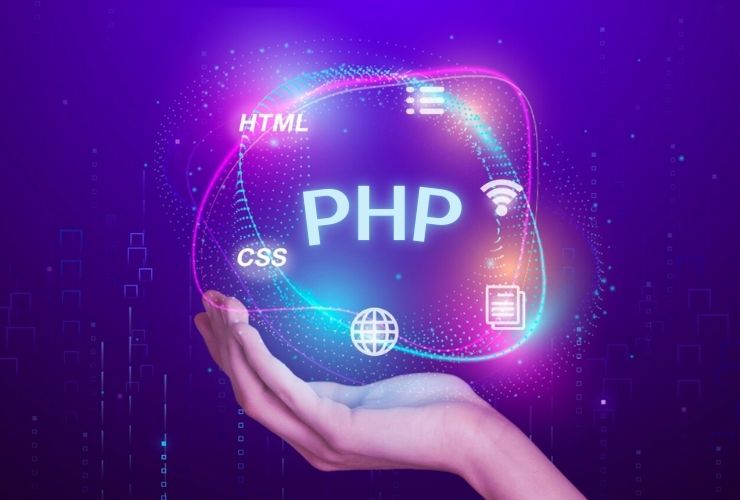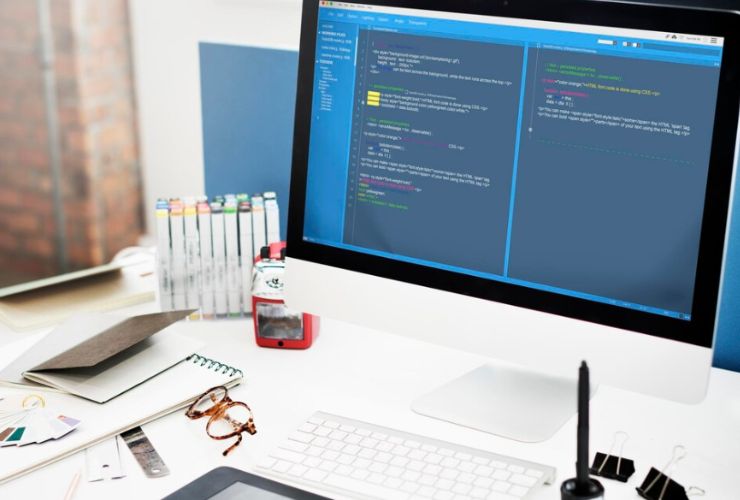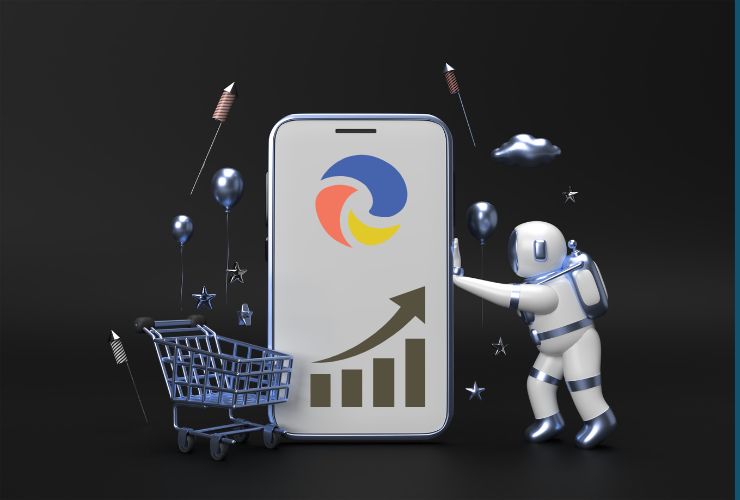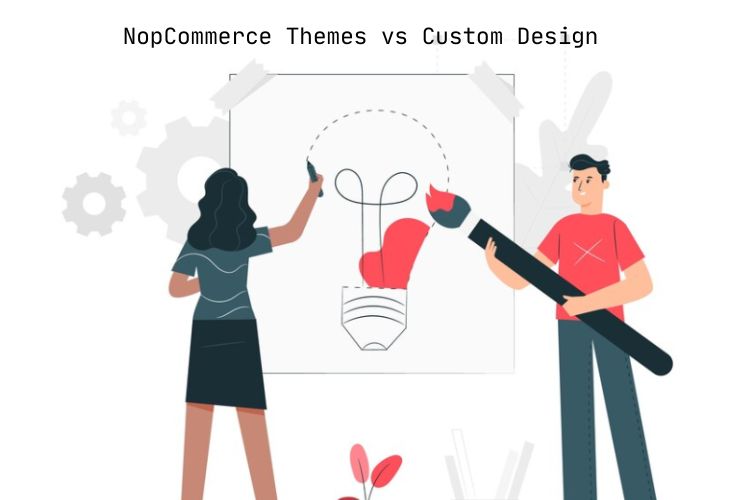PHP has been a core programming language for web development for over two decades already. From individual personal projects to corporate-level business solutions, PHP has been at the forefront of shaping and creating the architecture of the world wide web. But as the 21st century unfolds further, everybody begins asking themselves: What lies ahead for PHP? In this post, we’ll write about the place PHP finds itself today.
1. History of PHP: Legacy to Modern Times
PHP has come a long way since the day when it began life as a humble script language, to being an all-out behemoth programming language these days. PHP keeps on enhancing in its performance, feature, and security aspect with each and every consecutive release. Significant milestones such as PHP 7 introduced revolutionary advancements in performance as well as decreased memory usage. PHP 8, launched in November 2020, introduced another leap for the language with features such as Just-in-Time (JIT) compilation, union types, and named arguments.
PHP development will continue to be focused on performance improvement, improved developer experience, and feature additions that align with modern programming practices.
2. Improved Performance and Speed
Performance is quite possibly the most common criticism of PHP. Even with how far the language has advanced in PHP 7 and 8, however, it can always be optimized. The inclusion of JIT (Just-In-Time) compilation in PHP 8 has certainly helped a great deal for certain operations, but it is expected that future releases will still make PHP’s interaction with the server, databases, and external services more streamlined.
PHP will probably improve in the following areas:
- Better CPU Utilization: By optimizing how PHP code interacts with the server hardware, subsequent versions of PHP might see huge increases in performance for high-end applications as well as busy websites.
- Parallelism and Concurrency: As more and more real-time applications make a demand for the use of PHP, the language will most likely keep fine-tuning its capability to multitask. It run multiple applications simultaneously, a capability that is particularly important for uses like chat software or online games.
3. More Advanced Features and Syntax
PHP has always been pragmatic in nature, and simplicity and practicability were prioritized at the expense of pure elegance. However, the future of PHP will see the language embracing newer programming paradigms. Paradigms that are normally seen in languages like Python, Ruby, or JavaScript are slowly making their way into PHP.
A few of the rare features PHP is going to add to a greater degree are as follows:
- Static Analysis and Type Safety: PHP has been more and more using stronger typing. PHP 8’s addition of union types is one such example, and future versions could continue to enhance the use of types even more, making PHP safer for big systems.
- Async Programming: With increasingly frequent real-time applications and an onus placed upon the use of highly concurrent processing, PHP will start using asynchronous programming on a more large scale, which will allow for multiple processes to be worked upon simultaneously without requiring each to have been finished before starting the next one.
- Functional Programming: PHP is embracing more functional programming principles, including closures, first-class functions, and immutability. Expect this trend to be on the rise, which will make PHP a more dynamic and robust language.
4. Stronger Integration with Modern Frameworks
PHP is already the backbone for some robust frameworks such as Laravel, Symfony, and Zend Framework. The future of PHP will see even tighter coupling with new-generation frameworks and libraries that are founded upon the prevailing trends in web development.
Following is what we can expect:
- Improved Framework Support: PHP frameworks will continue evolving and improving. Laravel, arguably the most popular PHP framework, will likely become even leaner features in line with modern development approaches, such as API-based architectures, microservices, and serverless computing.
- Improved Integration with JavaScript Frameworks: With more focus being laid on JavaScript-based front-end frameworks like React, Angular, and Vue.js, PHP will likely continue to enhance integration with these frameworks so that full-stack development is possible using PHP as well as newer JavaScript libraries.
- Integration with GraphQL: GraphQL has gained extremely rapidly the status of being the de facto query language of APIs. PHP will likely integrate more seamlessly with GraphQL, further simplifying how efficient, adaptable APIs are developed.
5. Security Enhancements
PHP has previously been accused of being insecure, yet there have been enormous advances over time. The PHP team has been busy all along working to keep the language secure, shipping patches, and tightening up best practices for developers.
In the future, expect PHP to focus on:
- Built-In Security Functions: Next generations of PHP will offer further built-in security functions to secure their applications more conveniently for the developers. It involves security measures against prevalent security attacks like SQL injection, cross-site scripting (XSS), and cross-site request forgery (CSRF).
- Tooling for Secure Code: Static code analysis and vulnerability scanners will continue to improve in the world of PHP. This will enable developers to write more securely and easily identify defects during development.
6. Enhanced Support for Cloud and Serverless Architectures
As cloud technology and serverless computing gain more popularity. PHP will also need to change to work seamlessly with these architectures. PHP developers already start utilizing platforms such as AWS Lambda, Azure Functions, and Google Cloud Functions. The future of PHP will see more support for these cloud-native services.
7. PHP’s Place in the Microservices Age
As more companies adopt microservices architectures, PHP will need to evolve to better accommodate such distributed systems. PHP has traditionally been used for monolithic applications, but existing development trends show that microservices and containerization are gaining traction.
PHP will continue to embrace tools and patterns enabling microservices, such as:
- Docker & Kubernetes Integration: PHP developers will have better support for containerization and orchestration technology so that it can scale PHP applications easily in microservices environments.
- API-First Development: As PHP is getting more capable of handling APIs, it will be a central player in API-first development for microservices architecture where PHP can be utilized as the backend for front-end-heavy applications powered by Angular, React, or Vue.js.
Conclusion: PHP’s Brighter Future
The future of PHP is certainly brighter. With the roadmap committed to improving performance, security, developer experience, and modernizing the language. As much as others may believe PHP is behind the times, in reality. PHP evolving to become a powerful, modern-day tool for developers.
PHP will still be a Web development powerhouse behind everything from a small website to a large-scale business application. Its deep library, framework, and community ecology will continue to place it perfectly in the position of web development for many more years to come.
Contact Us Today













 Database Development
Database Development












































